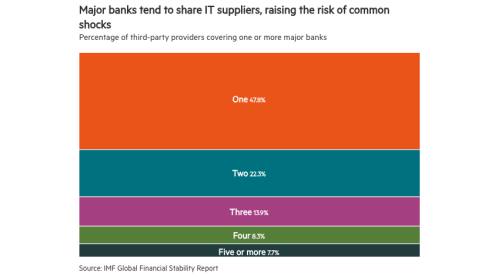European banks are continuing to reduce their non-performing loan (NPL) volumes, with the average NPL ratio in the European Economic Area declining to 1.8% as of June 2022 from 3% in March 2020, according to the European Banking Authority.
The sectors most vulnerable to Covid-19-related measures continue to have higher NPL levels, though they are showing improvement.
Greek banks are no different. The country’s four biggest banks all experienced a sharp decline in NPLs from 2020.
National Bank of Greece, Eurobank Ergasias and Alpha Bank concentrated on cleaning up their balance sheets and reducing their NPLs from 2017.
For Piraeus Bank, the ratio drop between 2017 and 2019 was less pronounced, declining from 34.4% to 33.5%. The figure then increased to 35.6% in 2020, before falling again all the way to 8.8% at the end of 2021.
Greek banks have achieved this consolidation of their loan portfolios by selling their NPLs, aiming to converge with the average European NPL level.
Projects include Alpha Bank's €10.8bn Project Galaxy NPL, Piraeus Bank's €7.2bn Project Sunrise and National Bank of Greece's €6bn Project Frontier.
The banks’ efforts were supported by the Greek government’s Hercules Asset Protection Scheme (HAPS). Through HAPS, the state guarantees securitised senior notes on loans while investors buy mezzanine and junior bonds.







